You don’t typically hear the term “moralistic gangsters,” but Jonny Caplan is a filmmaker dedicated to chronicling one such individual whose life story is too wild to believe. In his new documentary, LAST MAN STANDING: The Chronicles of Myron Sugerman, Caplan interviews Myron Sugerman, a charismatic Jewish American whose life in organized crime challenges the typical gangster stereotype.
LAST MAN STANDING is fascinating because of how Caplan paints an empathetic portrait of the eighty-five-year-old Sugerman. Using archival footage, Caplan illustrates how Sugerman’s life of crime emerged in a context where Jewish communities were often excluded from broader societal participation. He shows that Sugerman’s involvement in organized crime was driven by necessity and a desire to protect his community. With over fifty hours of interview footage, Jonny Caplan reveals the challenges of getting a tough gangster to share his life story, providing insights into making his documentary and the aspects you might not know.
Cinemacy: What initially drew you to Myron Sugerman’s story, and how did you decide to focus your documentary, LAST MAN STANDING: The Chronicles of Myron Sugerman, on it?
Jonny Caplan: Myron’s story was highlighted to us by a mutual friend who thought it would interest us. After reading Myron’s book and watching some of his interviews with the Mob Museum and Patrick Bet David of Value Entertainment (which had millions of views), we immediately loved the unique and iconic angle of Myron’s story and a side of the American Mob which isn’t usually told, of the charming, humorous and ‘moralistic’ gangsters, having to do what they needed to do to protect their communities.
Myron is a one-of-a-kind individual who, at the ripe age of 85, still has immense passion and vigor and manages to take up all the air in any given room. Myron’s story is utterly iconic, and we immediately agreed on a deal to acquire the life rights to his story so that we could initially cover it in the factual feature doc, which additional scripted dramas will follow.
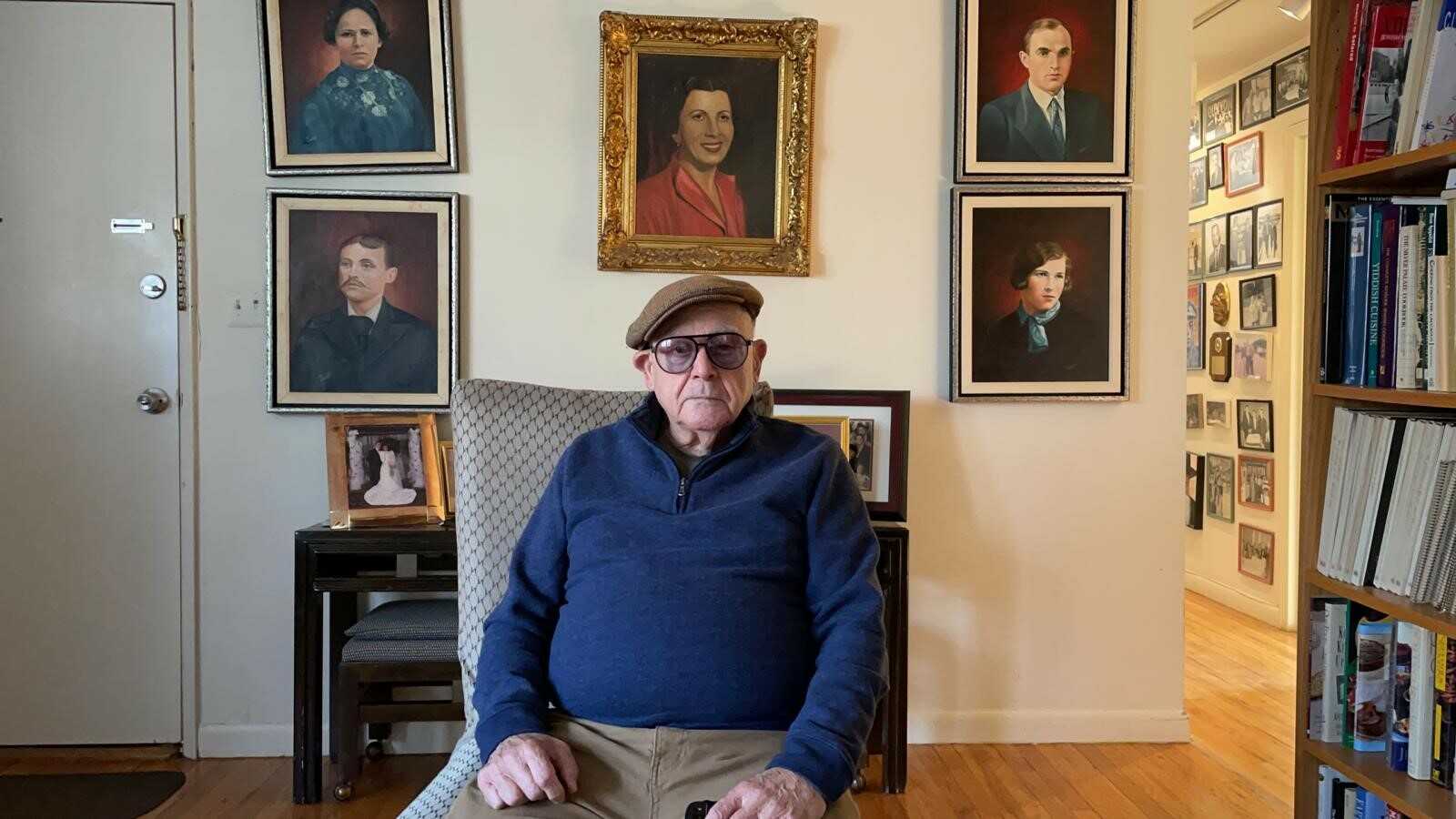
Myron Sugerman’s life spans multiple significant historical periods and events. How did you approach structuring the documentary to balance these elements while maintaining a coherent narrative?
Jonny Caplan: We initially filmed over 50 hours of interviews with Myron discussing his life story and the many twists and turns of his covert missions across 80 countries around the world; however, it was crucial to have a coherent storyline and a straightforward, definitive narrative of Myron family upbringing and experiences without going too much into detail in any of the twists and turns.
Part of building the feature documentary was structuring Myron’s life in a 90-minute storyboard that clearly outlines how vast his endeavors were and allows for details of each of the extensions to this in our upcoming scripted productions.
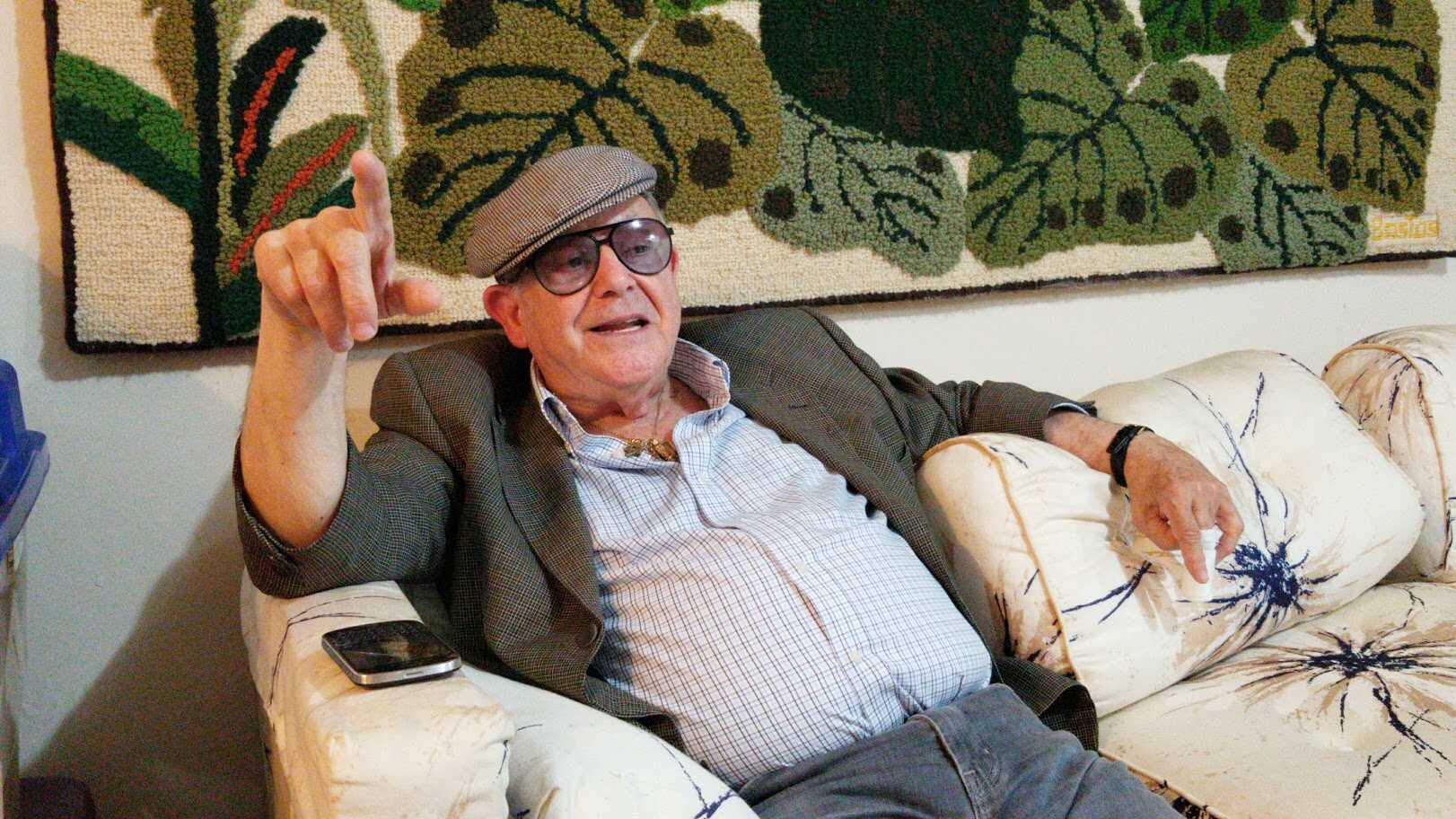
Given Myron Sugerman’s complex background involving Jewish and Italian mobs, how did you navigate the potential challenges of portraying these aspects authentically and sensitively?
Jonny Caplan: Myron’s life story is the real deal, a firsthand account from a second-generation gangster who experienced it all himself and is still here to tell the tale; this makes his story unique and authentic. Most know the story of the Italian Mob, but others do not know the story of the Jewish Mob and the tight allegiance between these two underground parties.
They worked together to ensure succinct and synergistic business and assisted each other with domestic and social issues. For research and diligence, we visited many of Myron’s family, colleagues and associates, scholars, legal experts, and journalists.
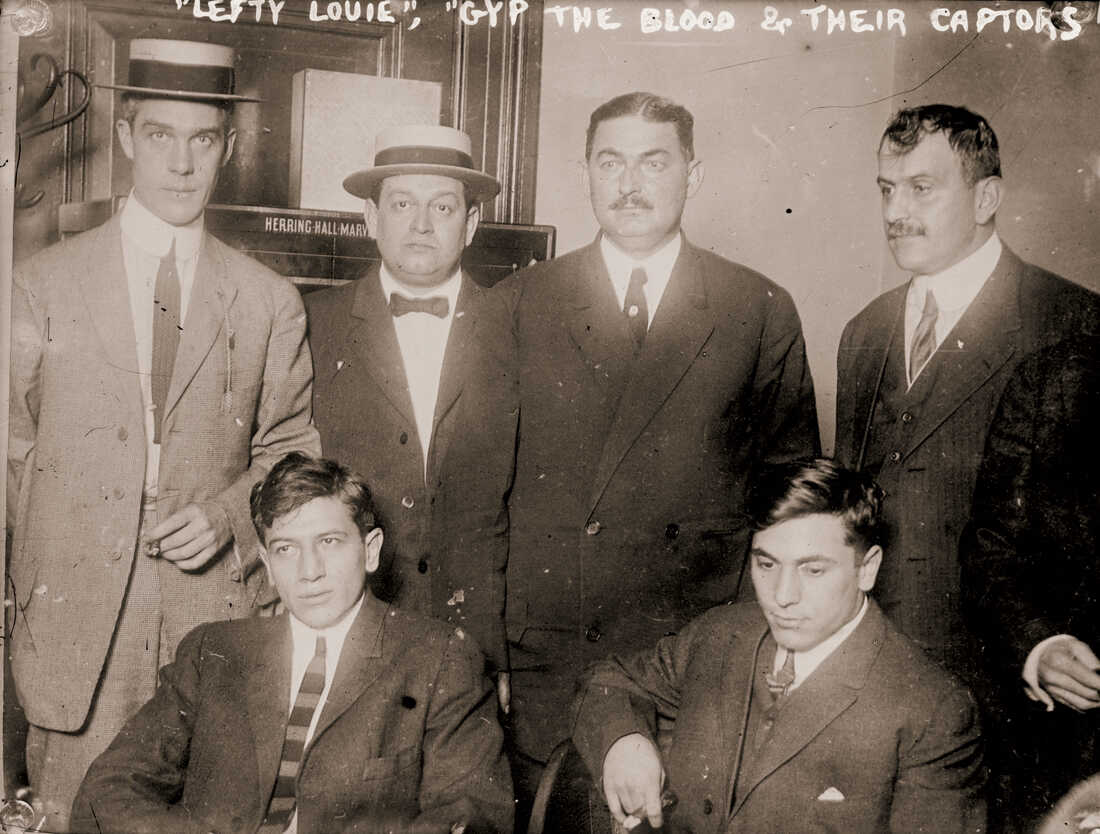
The documentary explores Sugerman’s role in combating antisemitism. Can you discuss how you highlighted this aspect of his life and why it’s particularly relevant today?
Jonny Caplan: As with many of our cutting-edge documentaries, our timing happens to be impeccable, and in the case of Myron‘s story, we happened to tell the story at a time when anti-Semitism is as rife on the streets of the US as it’s ever been including in the 1930s when there were Nazi rallies and pogroms on the streets of New York and New Jersey.
Unfortunately, the antisemitism problem has been spiraling out of control, which is why it’s so important to understand the root of this problem and what some of the tough Jews did back in the day to thwart it.
What was the most surprising or unexpected revelation you encountered while researching Myron Sugerman’s life and work?
Jonny Caplan: Myron has incredible energy, panache, and charisma. He also has unsuspecting morals, which may not have been expected from a gangster. As Myron puts it, they weren’t gangsters; they were just opportunist entrepreneurs and pioneers carrying out business activities that were prohibited at the time but are regulated and approved today.
Remember, many of the Jewish mobs had become outlaws because they were banned due to their race from having other professions at the time.
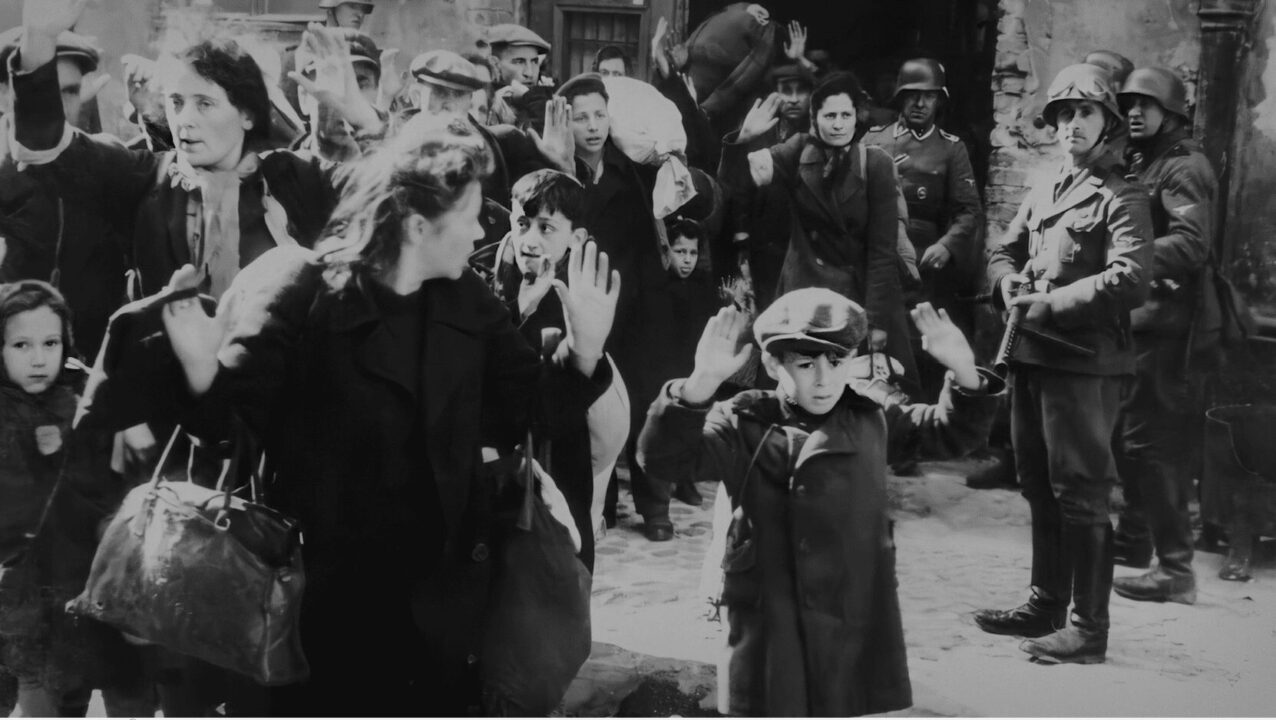
How did you approach interviewing Myron Sugerman and other key figures involved in the story?
Jonny Caplan: When the documentary was slated to begin filming, Myron was hit with two bouts of Covid 13 and pneumonia in the week leading up to filming. We thought that this 83-year-old man at the time would be down and out for the count, and we would have to postpone filming if we ever made it happen. Several days later, I got a phone call from Myron telling me that I had better not change any of the arrangements and that he was preparing to film.
Unfortunately, restrictions prevented me from crossing the Atlantic and boarding a plane to sit with Myron throughout the filming. Hence, we had to use a minimal Covid-safe film crew who set up remote directing for me with huge monitors and AI robots. I had to interview Myron remotely from the UK, and I only met him personally several weeks after we completed filming.
Indie films often involve a hands-on approach from directors. Can you share some insights into the specific roles you took on yourself during production, from shooting to editing?
Jonny Caplan: I always try to take a hands-on approach to our productions; I find that in the creative process, if the director themselves isn’t explicitly involved in every element of it, then they cannot possibly understand what is required and provide the production team with direction and clarity on what needs to be done.
Like a showrunner, I am involved with all production elements, including design, storyboarding, casting, logistics, sound, lighting, cameras, Call editing, and more.
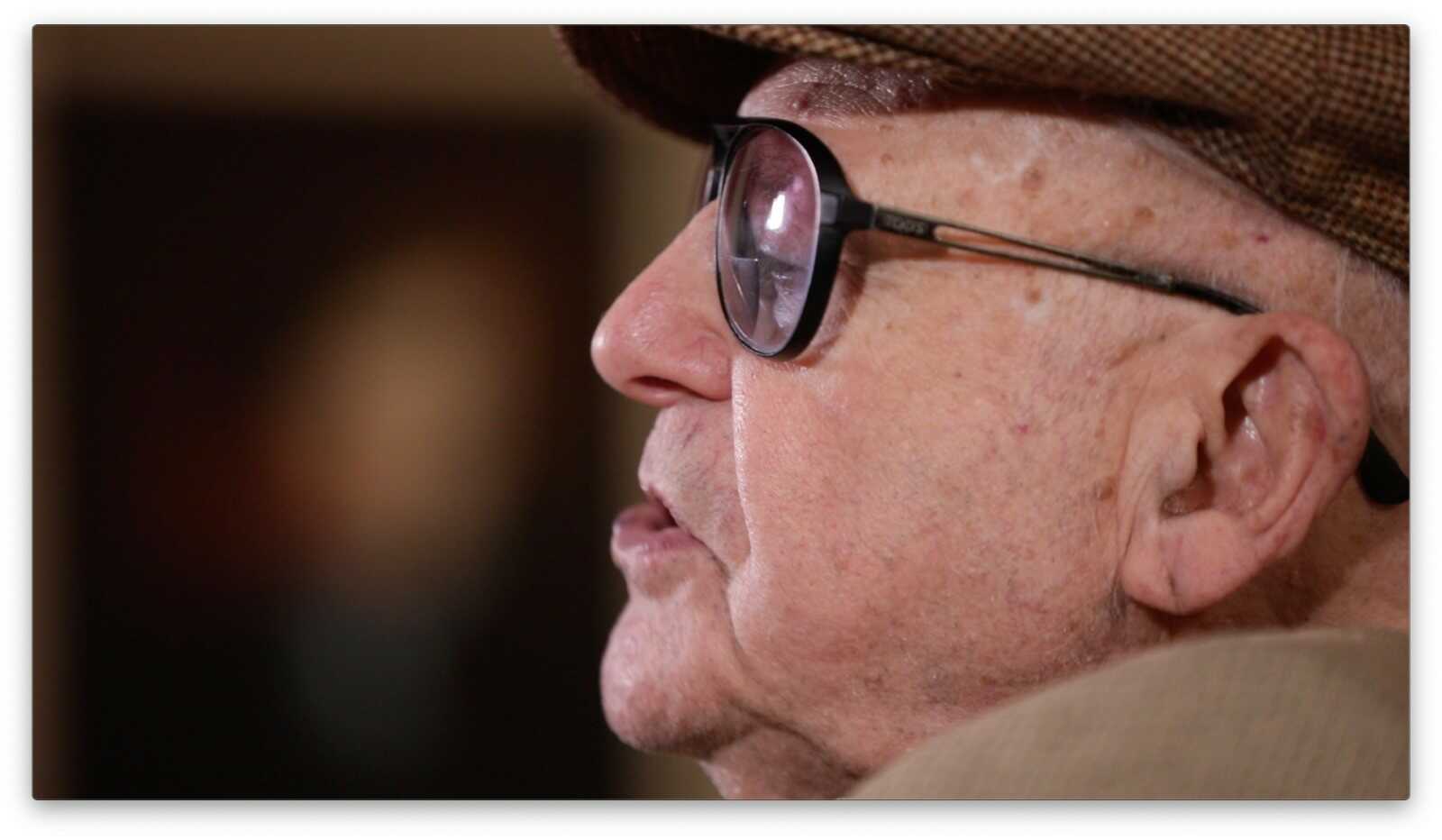
Were there any challenges or memorable moments from these interviews?
Jonny Caplan: Oh, yes. Often, interviewing a tough gangster is not the most straightforward feat as he doesn’t like to listen to instructions, doesn’t understand the production process, and just really wants to tell his story.
So often, getting Myron into the basement wearing what we would require and asking him to sit under the spotlight in a particular manner would receive a response like “Jonny, cut the bullcrap, turn on the cameras, and record, I’m ready to talk.”
The documentary follows Sugerman’s best-selling book. How did you integrate elements of the book into the film, and did you make any significant changes or additions to enhance the narrative?
Jonny Caplan: The book has a vast narrative about many aspects of Myrons’ life. With only 90 minutes to tell the story, we had to build one clear path through his life, which reads differently from the book but is complementary in every way.
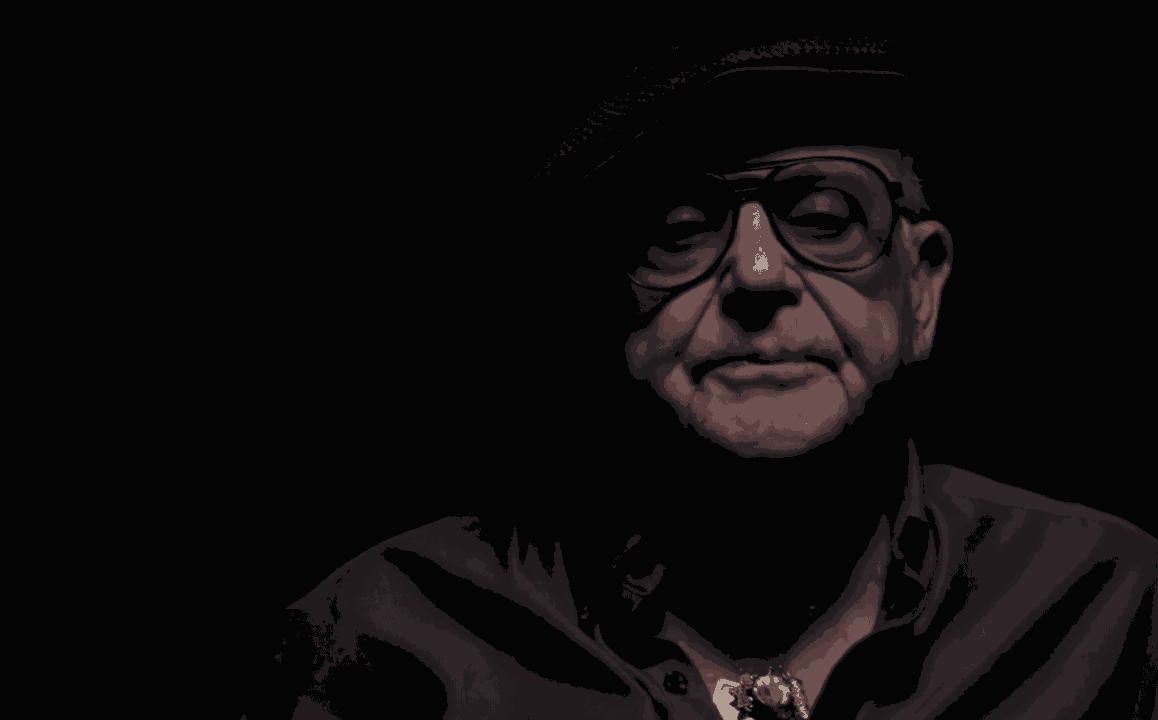
What impact do you hope the documentary will have on viewers, particularly regarding their understanding of antisemitism and the Jewish mob’s role in American history?
Jonny Caplan: From what I’ve been able to understand, the Jewish Mob was made up of tough Jewish family guys who were middle-class and unable to get the sort of jobs and the lives they wanted and had to resort to a little bit risky professions. There was also burgeoning antisemitism from the nazi bund. They had to take a chance to do things that weren’t strictly legal to save their families and communities.
I believe the Jewish Mob is largely unknown, and the minutemen who stood up to the Nazis on the streets of the US. Meyer Lansky and Benjamin “Bugsy Siegel,” for instance. They were pioneers of Las Vegas as we know it and the gambling and resort phenomena that have taken the world by storm. Jewish gangsters werent just tough, they were also smart, pioneering and well intended.

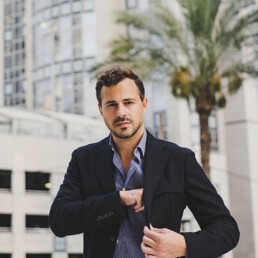
Amazing!